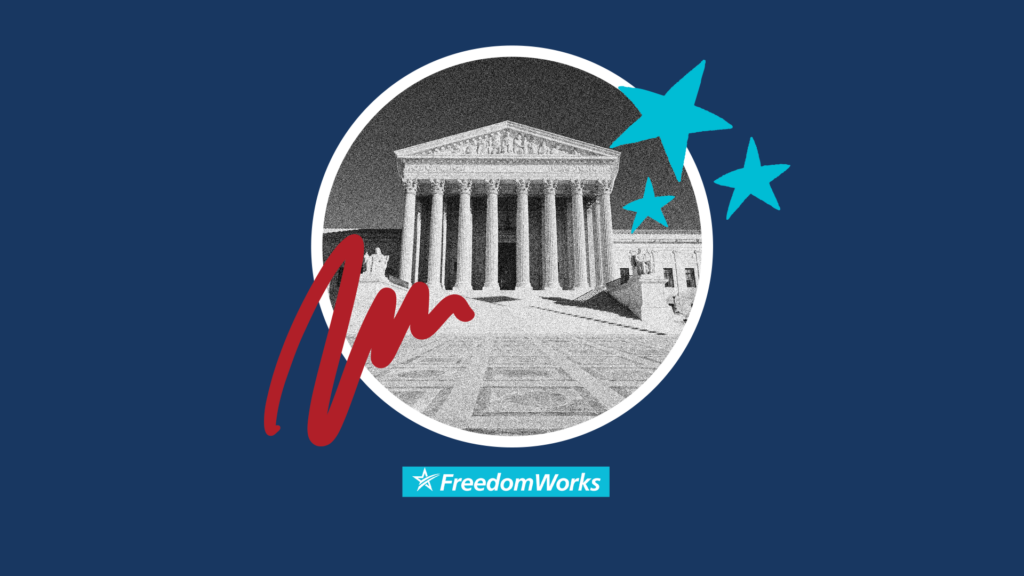Democrats Reveal Their Contempt for Voters on Campaign Finance
The Supreme Court’s recent ruling eliminating aggregate caps on the amount of money individual donors can contribute to political campaigns is an important victory for free speech. While caps on donations to individual campaigns remain in place, this ruling offers hope that they too may soon be recognized as unconstitutional and in violation of the First Amendment.
Progressives, naturally, are in a rage. For years they have been funneling vast amounts of money into politics through labor unions, circumventing campaign finance laws. Now that this advantage has been taken away from them, they are quick to cry foul.
The arguments as to why people shouldn’t be able to give as much money as they like to political campaigns has always been a bit murky. From the Court’s perspective, the caps have historically been justified by the need to prevent corruption and ensure that individuals were not bribing candidates to do their bidding once elected. While this is an understandable concern, I can’t seem to remember where in the First Amendment it says, “Congress shall make no law abridging the freedom of speech, except to prevent potential corruption.”
A more common complaint from the left, however, relates not to corruption of individual politicians, but accusations of Republicans trying to buy elections and subverting the democratic process. Senate candidates like Mark Begich and Kay Hagan have made this argument in reference to the 2010 Citizens United case that lifted restrictions on campaign spending by outside groups.
This is puzzling. When I vote, it is for the candidate whose ideas I like best, not the one who ran the most ads or had the fanciest campaign bus or spent the most on yard signs. While these efforts are undeniably important for increasing name recognition and voter awareness, they will not ultimately convince me to vote for a candidate I dislike. I suspect that, if pressed, most of those who complain about money in politics would admit that they do the same. Is a committed leftist likely to be tricked into voting for a conservative Republican because of the amount of money he spends? It seems unlikely.
This fuss, then, about “buying elections” is really an indictment on other people’s voting habits. The smug, self-righteous internet commentators are clear in their contempt for the average voter, an individual they regard as incapable of distinguishing between candidates except as a result of advertising and expensive glitz.
It’s an insulting caricature that reveals how little Democrats actually value democracy. If the voters are simply sheep, being steered by the crook of campaign finance towards one candidate or another, then there can be no point in discussing ideas, philosophies, or principles. Instead, they are just upset that they may not be as effective shepherds as their opponents.
I take a different view. I trust voters to be persuadable, as well as capable of making educated decisions at the ballot box. If we have learned anything from the success of the tea party, and the failure of well-funded, but inauthentic candidates like Mitt Romney, it is that ideas, not cash, are what really matters in politics.
No amount of money can force someone to vote for a candidate they don’t like and don’t trust, just as corporations cannot force customers to buy their products or to work for them. Such coercion remains the sole province of government. On the other hand, individuals should be free to do with their money what they choose, including lending support to people who they believe will best represent their interests in Congress. That is how the democratic process is supposed to work, and it is what true freedom of expression looks like.
The Supreme Court made the right decisions in this case, and the result will be freer and more open participation in democracy, not the sort of wholesale brainwashing of the electorate that progressives seem to fear. If their opinion of voters is really that low, I hope that, come November, the feeling will be mutual.




